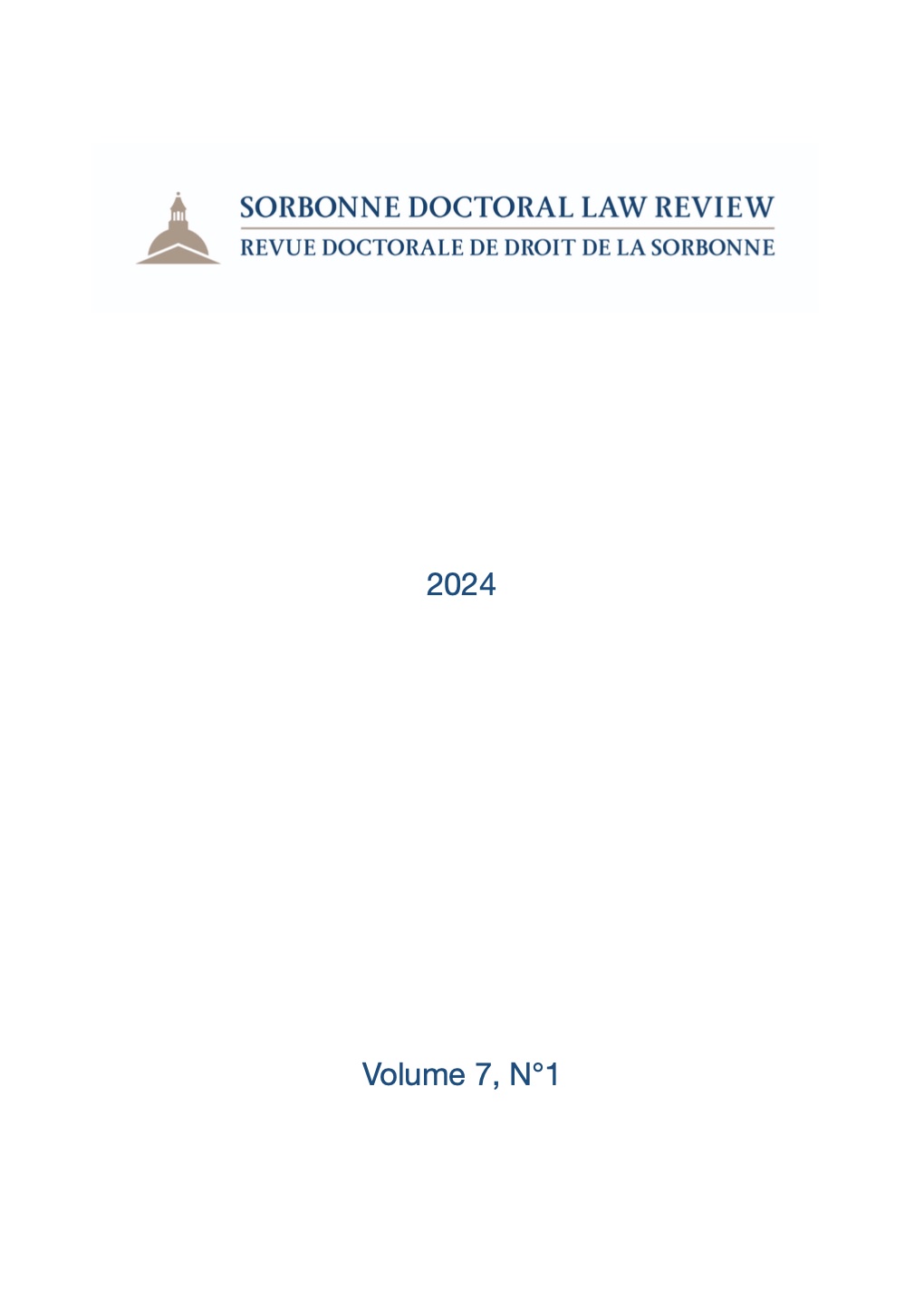Abstract
This paper discusses the origin and nature of equity before the emergence of the Common Law Legal System. It briefly discusses the emergence of the common law legal system and how its various problems. It discusses how equity was the best alternative to the common law legal system. It discusses the conflict between equity and common law and how it came to end. Lastly, it briefly discusses some equitable maxims developed by equity that are still in use today. The main findings of this paper are that equity is a set of principles that is applied to avoid the potential injustice caused by the strict application of a rigid law. It existed in theory and law even before the emergence of common law. Common law was the result of the magistrate’s application of old customs and the emergence of stare decisis. It had its own problems in terms of rigidness in both substantial law and procedure. Equity came as an alternative to common law and was applied as a result of the Roman Catholic Chancellor who heard these cases and applied equity based on Roman Law. Ultimately, Courts of Chancery were developed under the Chancellor which applied equity rather than common law. There existed a lot of conflict between both the Common Law Courts and the Chancery Courts. This conflict was finally settled after the King ruled that equity was to prevail in any conflict centuries later before ultimately having both merge into one Court which applied both common law and equity during the 19th Century. Lastly, there are some major equitable maxims that were developed by the Chancery Courts that are still in use today as well. The methodology used for this work is doctrinal.

This work is licensed under a Creative Commons Attribution 4.0 International License.
Copyright (c) 2024 Sorbonne Doctoral Law Review - Revue Doctorale de droit de la Sorbonne

